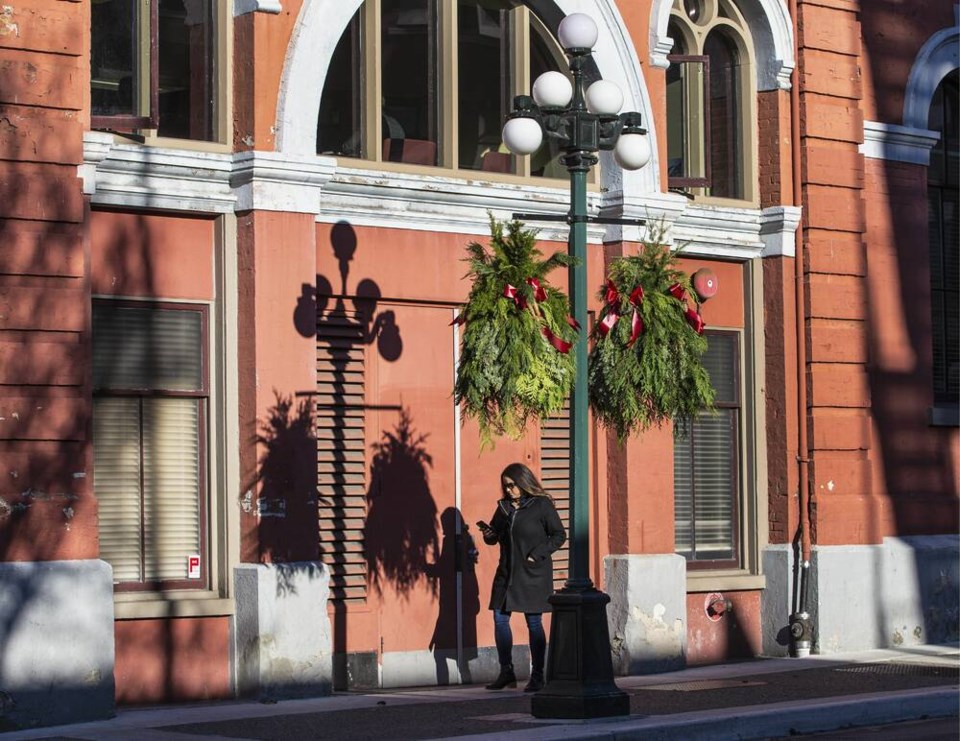Affordable housing remains a top priority overall for the roughly 1,000 residents and business owners who completed a survey on Victoria’s draft 2022 budget, with strong, liveable neighbourhoods and good governance rounding out the top three.
However, objectives ranked by different age groups — detailed in a city staff report summarizing responses to the budget survey — show a clear age division. People ages 14 to 44 ranked affordable housing most important, while it fell to fourth place for those 45 to 74. Younger age groups also prioritized reconciliation and climate leadership, while those issues fell to the bottom for people age 45-plus.
Survey respondents 55 and older said good governance is the top objective, with several older age groups choosing strong, liveable neighbourhoods and making the city healthy and welcoming as second and third priorities.
The priorities identified by younger age groups paint a picture of a generation concerned about economic vulnerability, surrounded by “a broader existential angst of climate change,” said Paul Kershaw, founder of Generation Squeeze, an organization for generational fairness.
“The experience of being in Victoria is fundamentally breaking down along age lines, and rising housing prices are at the centre of that issue,” said Kershaw, a policy professor in the school of population and public health at the University of B.C .
Kershaw said he was pleased to see Victoria break down budget priorities according to age groups, because it provides an indication of where economic and climate vulnerabilities lie that the overall ranking obscures.
While the overall rankings indicate what issues might win political points, the age breakdown reflects tensions emerging in the community, he said.
“Not because there’s any mean-spirited younger person or older person, but the systems that are shaping our community are kind of infected with this intergenerational virus that is causing affordability to be such a dominant experience for younger people,” Kershaw said.
Stan Bartlett, vice-chair of the Grumpy Taxpayer$, noted the methodology of the survey isn’t perfect, because it’s not a randomized sample. It’s a self-selecting slice of the population, representing the views of people who were aware of the survey and chose to complete it.
He noted, however, that 55 per cent of survey respondents feel they’re receiving poor value for their tax dollars, up from 39 per cent last year. “It’s an indictment of the city council and how they’re managing the city,” he said.
Bartlett said he hears from other members of the municipal watchdog group that they want to see more of a focus on renewing and maintaining roads, rather than issues outside the core functioning of the municipality.
Bartlett noted that of 49 supplemental budget items included in the survey, the proposal of a reconciliation grant to the Songhees and Esquimalt Nations was one of the least-supported ideas.
If councillors approve the proposal in budget discussions next year, 15 per cent of new assessed revenue annually and on a cumulative basis would be provided to the nations.
The budget will be finalized next spring.



